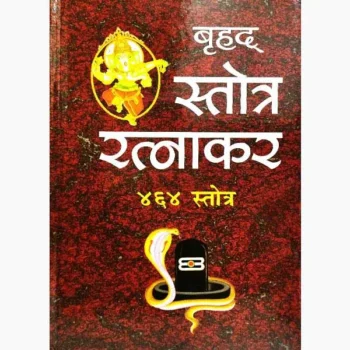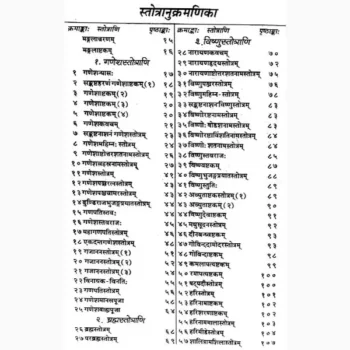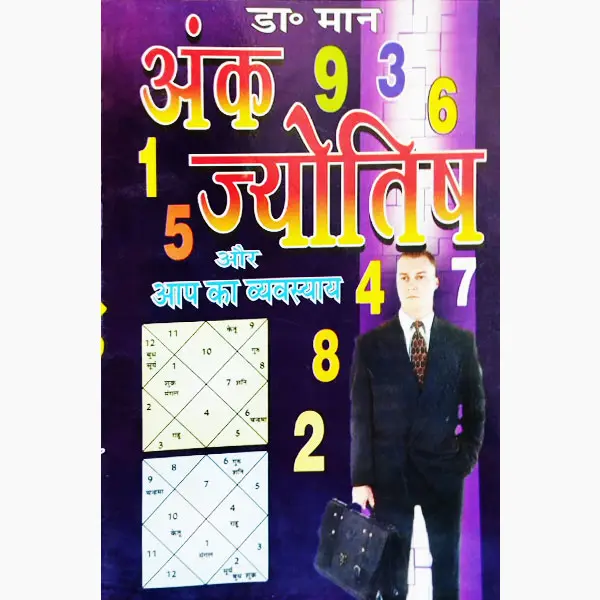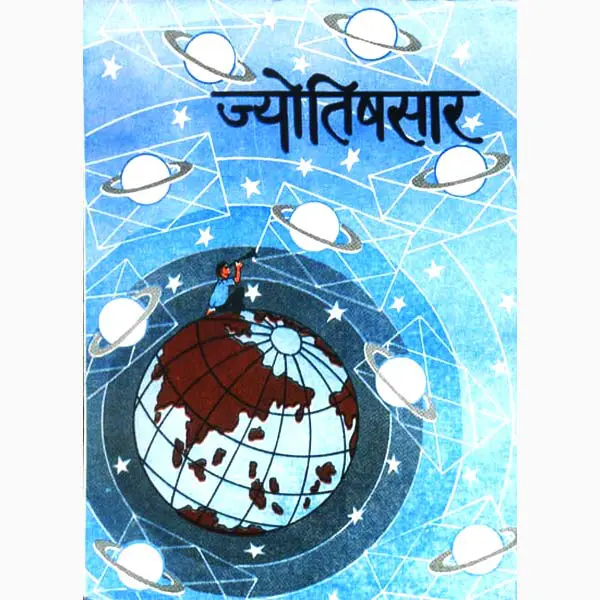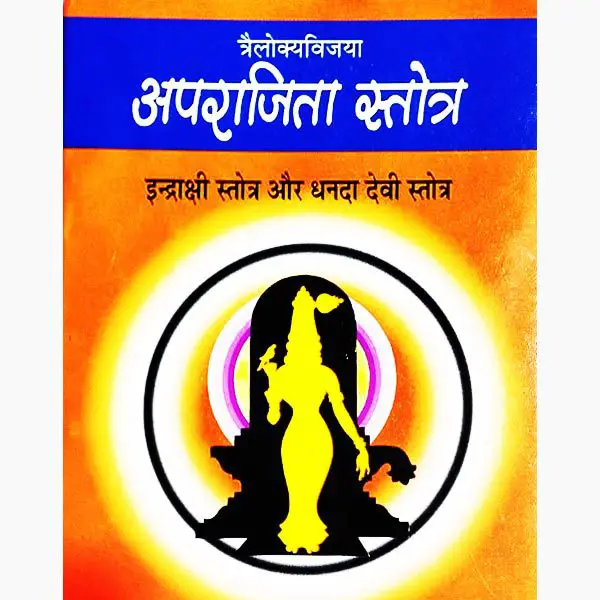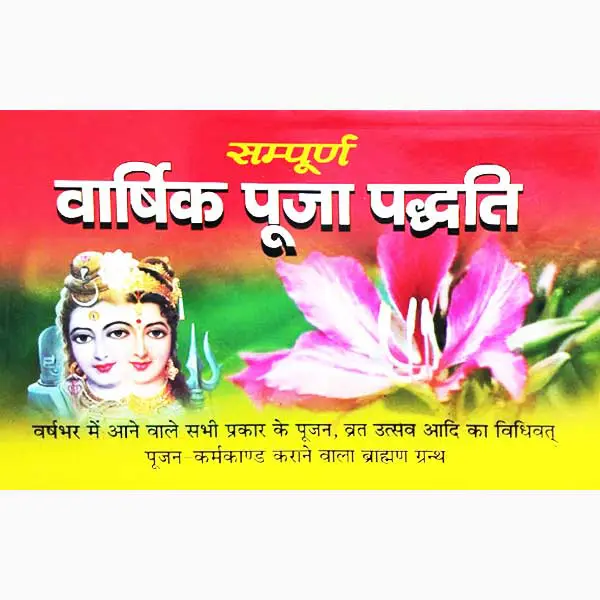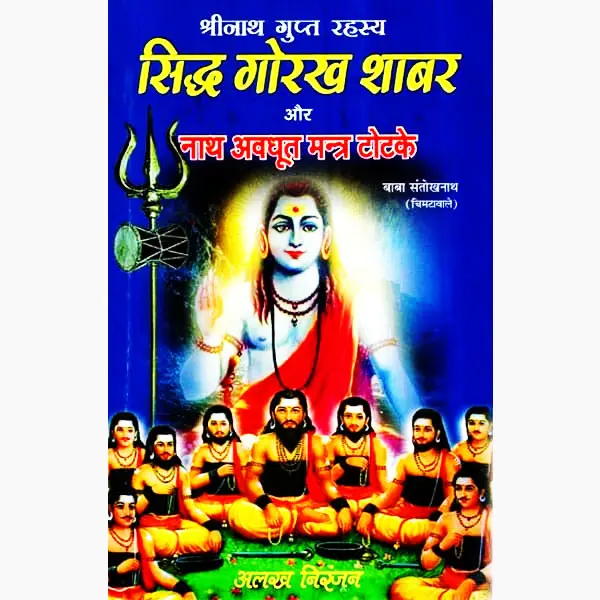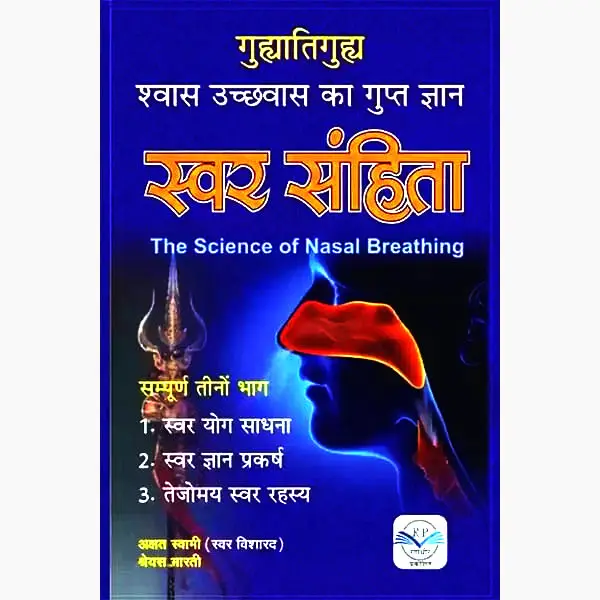
Charpat Panjarika Stotra
चर्पट पंजरिका स्तोत्रम्
Charpat Panjarika Stotra (चर्पट पंजरिका स्तोत्रम्): The epics and the Puranas often describe the glory of royal lineages. In talking about a specific king, having described his glorious ancestry, they will go on to say, through his own deeds or through his deeds. I am what I am because of who I am. This definition, whatever else, may be a function of, is not a function of my friends and relatives. The Chandogya Upanishad has the story of Satyakama, Jabala’s son. Satyakama sought a preceptor and went to the rishi Gautama, who asked him who his father was.
Jabala didn’t know, so neither did Satyakama. (The Satyakama story merits more discussion in a later column). Since he defined himself by stating the truth, Gautama had no hesitation in accepting Satyakama as a disciple. There is a famous composition attributed to Adi Shankaracharya (the customary date is 780-820 CE). It usually goes by the name of worship Govinda. It also goes by the name of moha mudgara (Fascination), or club used to shatter illusion). There is a reason why I used the word ‘attributed’. You will find different renderings/texts of bhaja Govinda.
Usually, there will be 26 Shlokas, but sometimes there may be an additional five Shlokas, bringing the total to 31. The 26 Shlokas are divided into two groups of 12 + 14. The first set of 12 is referred to as dwadasha panjarika. Dwadasha means twelve and panjarika is a cage. You may also find references to this as Dwadasha manjarika, with manjarika meaning a flower, especially of the Tulsi plant. The second set of 14 is referred to as. Charpata means rags. The sense is that we are clothing ourselves in valueless and tattered rags, we are binding ourselves into a cage.
The story is that Adi Shankar didn’t compose the fourteen verses of Charpat Panjarika Stotra himself. Instead, he got fourteen of his disciples to compose one Sloka each. We will probably revisit bhaja Govinda in the future. For the moment, I want to focus on a few of its verses. These are familiar Shlokas and you may have heard them without knowing about the antecedents.
Charpat Panjarika Stotra Benefits:
Charpat Panjarika Stotra strengthens the mechanism of the body, the mental stability, and inspires to do good to the person who recites this Charpat Panjarika Stotra regularly.
Who has to recite this Stotra:
- The person losing concentration, distortion while working and do not get the desire result must recite this Charpat Panjarika Stotra regularly.
- For more knowledge and Charpat Panjarika Stotra details please contact Astro Mantra.
